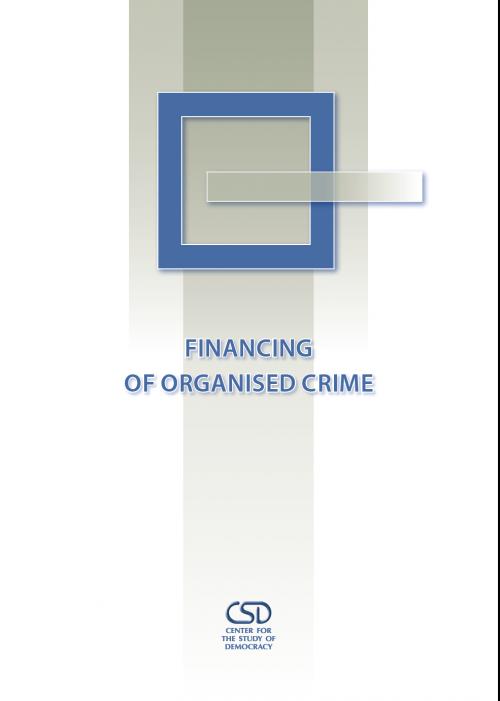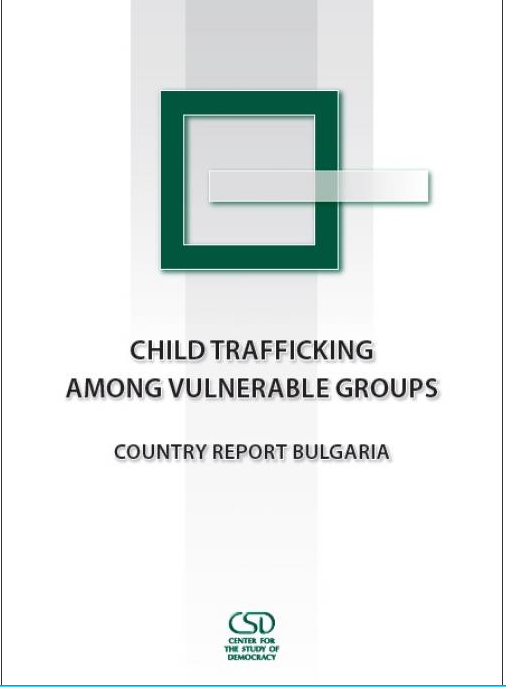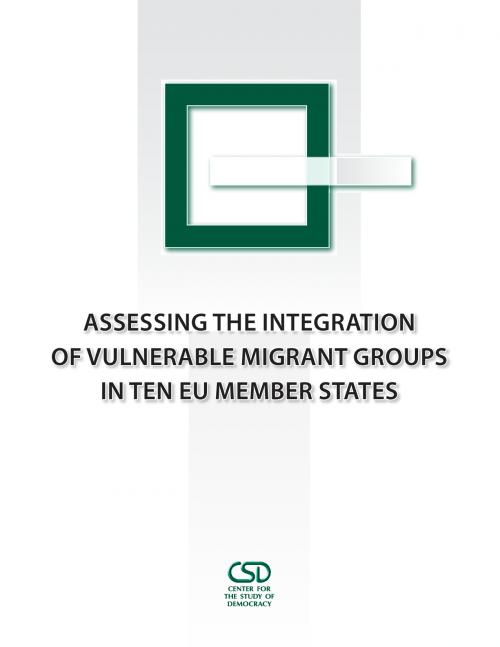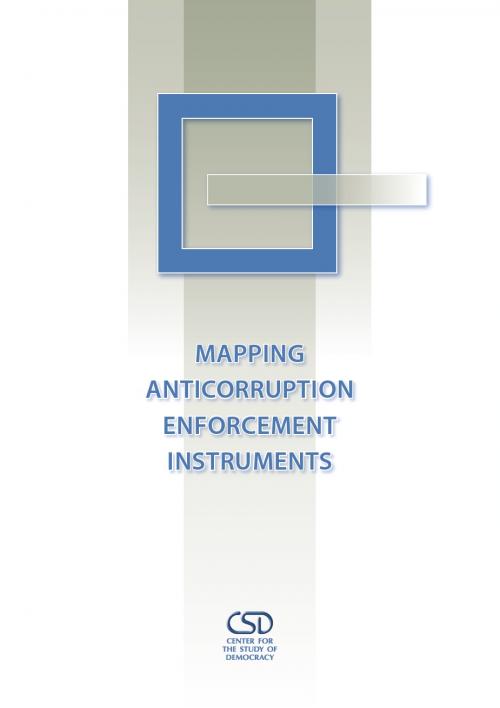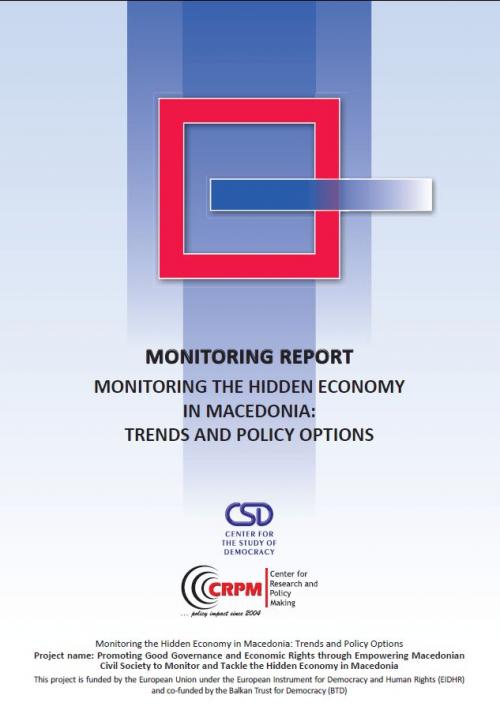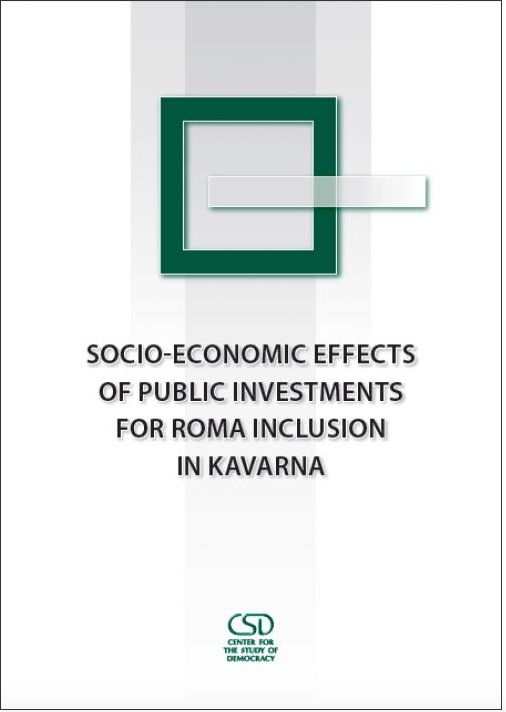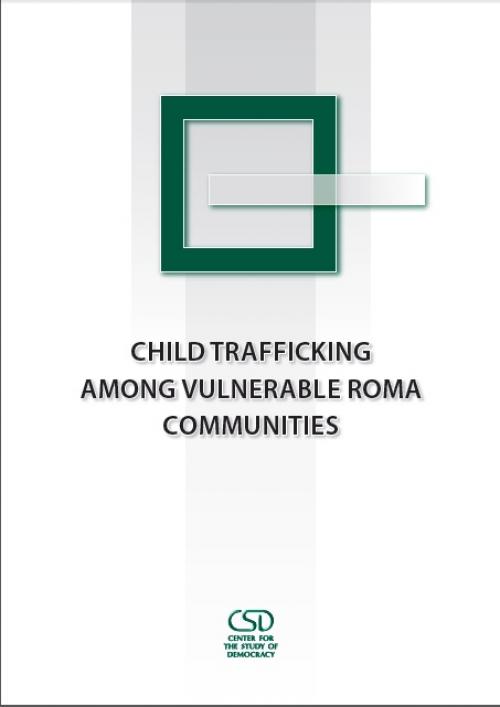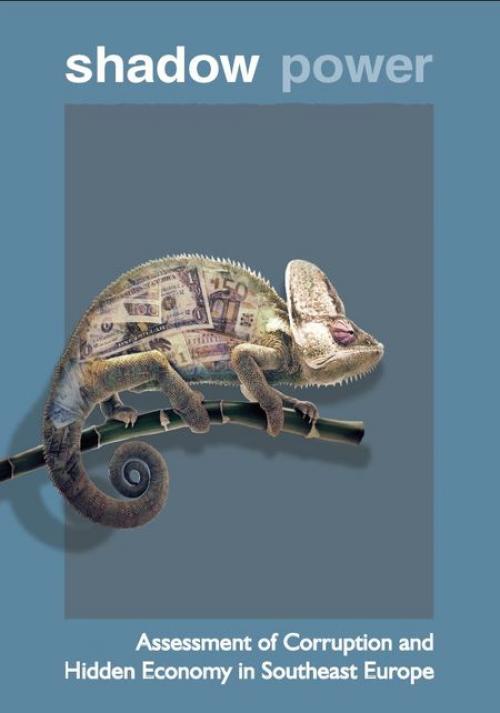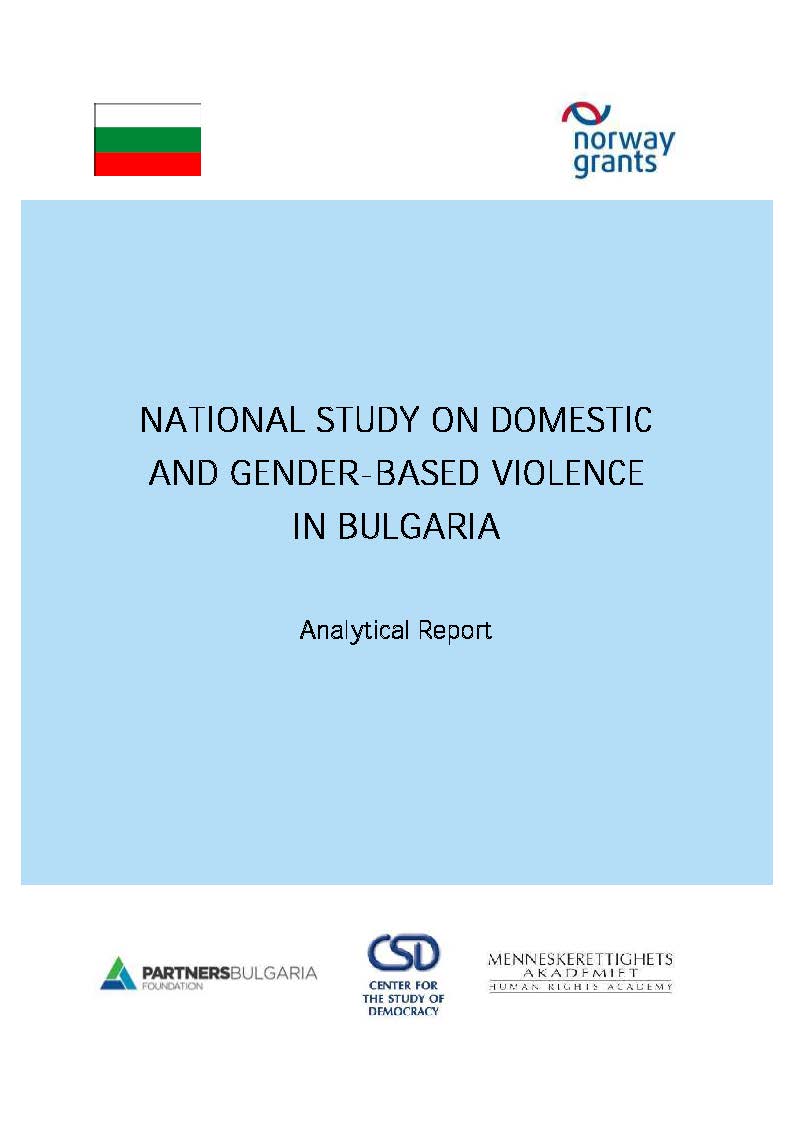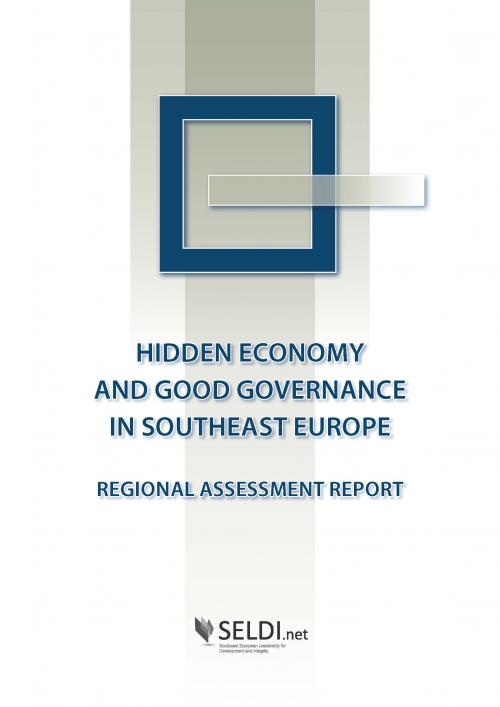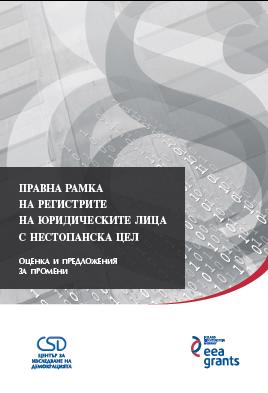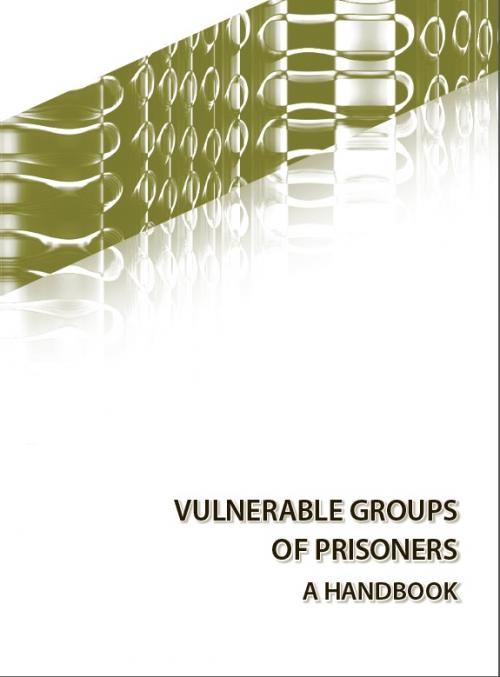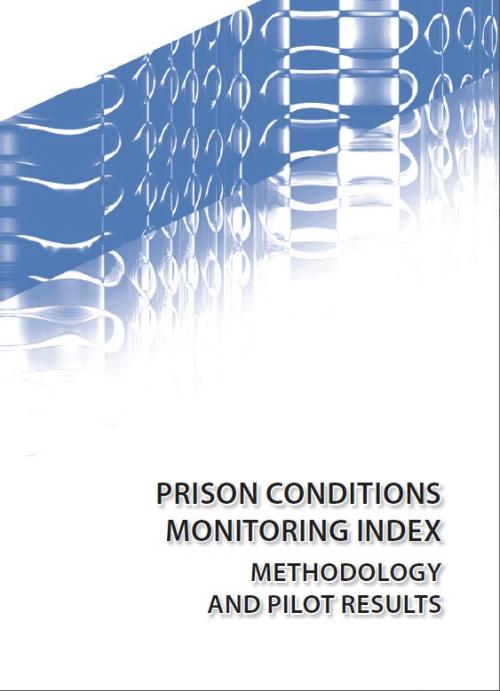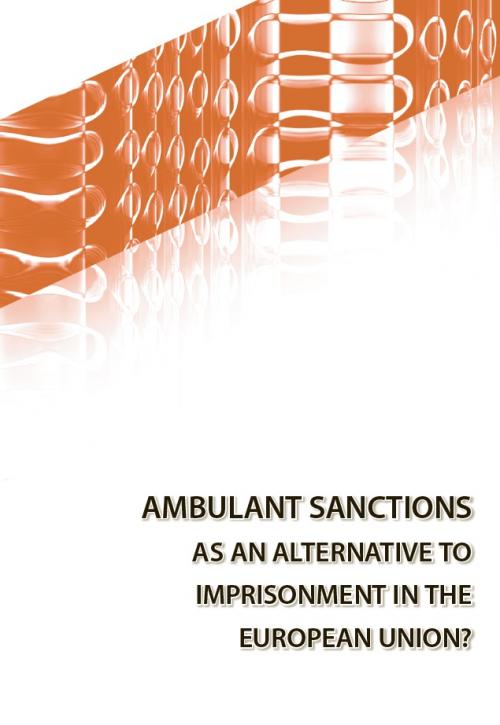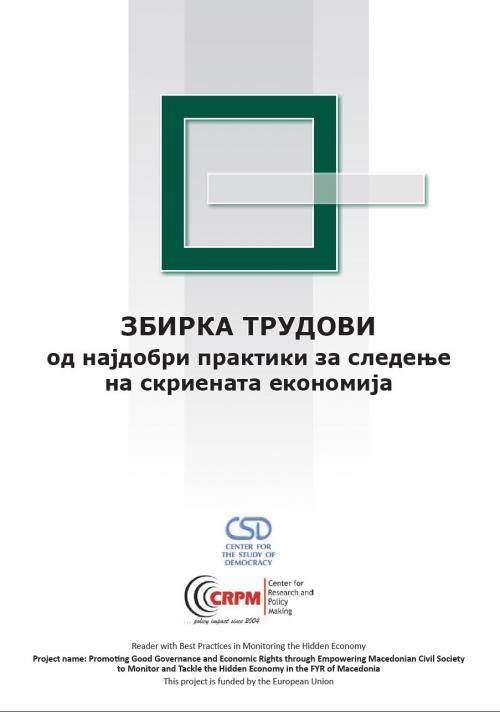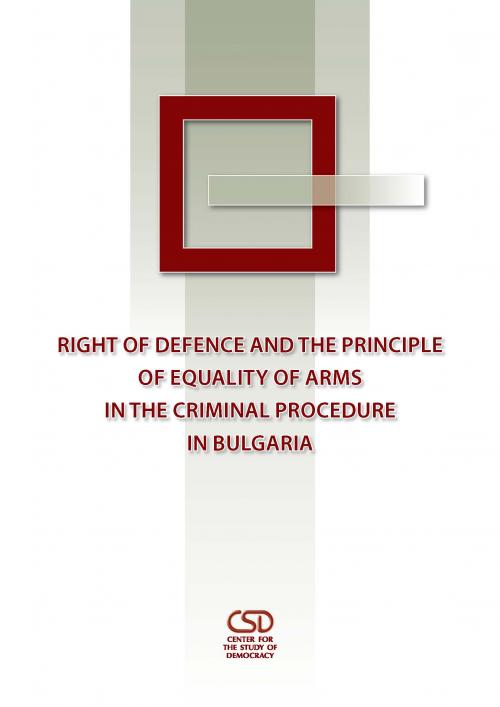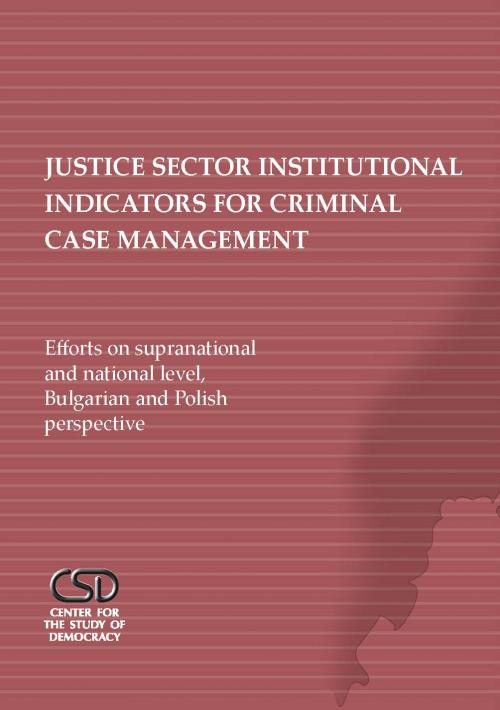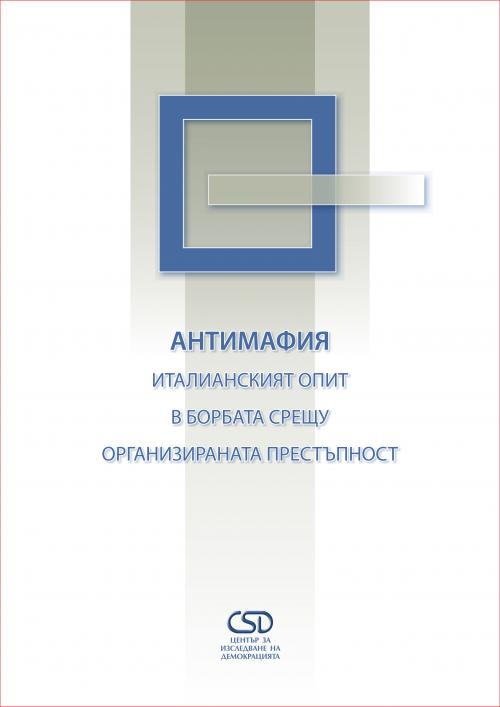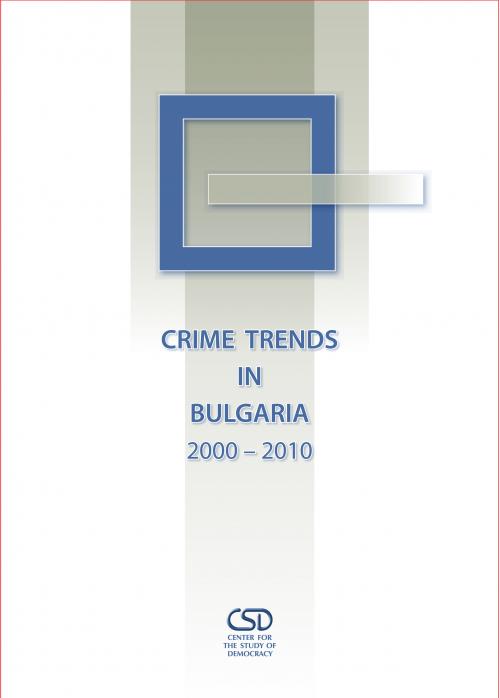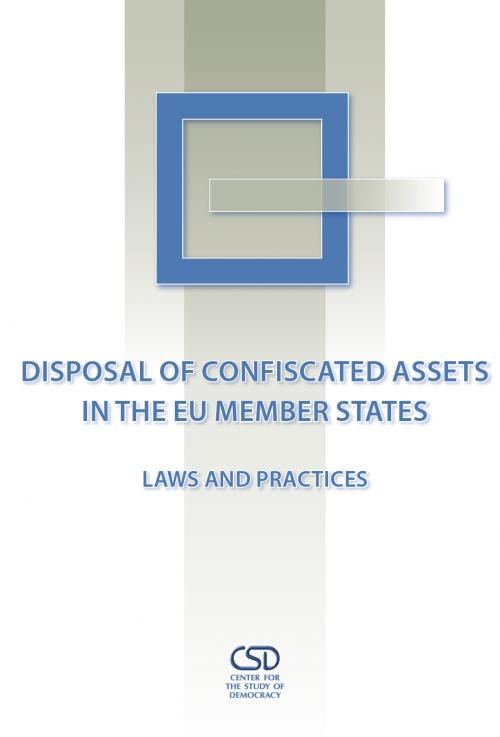
Disposal of Confiscated Assets in the EU Member States: Laws and Practices
Disposal of Confiscated Assets in the EU Member States: Laws and Practices
This report was prepared in the context of the Study RECAST – REuse of Confiscated Assets for social purposes: towards common EU Standards. The Study was awarded to the University of Palermo – Department of European Studies and International Integration (coordinator: Giovanni Fiandaca, professor of criminal law) by the European Commission, DG Home Affairs, under the 2010 ISEC Programme. It was carried out in cooperation with the Center for the Study of Democracy and the FLARE Network (co-beneficiaries) and with the support of the Italian Agenzia nazionale per l’amministrazione e la destinazione dei beni sequestrati e confiscati alla criminalità organizzata and UNICRI (associate partners). This report analyses laws and practices for the management and disposal of confiscated assets in the European Union. The analysis explores the challenges and best practices of the Member States in this hitherto neglected area and strives to contribute to improvement of the overall effectiveness of the existing confiscation systems. This mapping has been carried out by the University of Palermo – Department of European Studies and International Integration (UNIPA) and by the Center for the Study of Democracy (CSD). The main tool used to gather relevant information was a questionnaire administered to one (or more) national expert/s in each Member State; this information was complemented with secondary data.
More...
